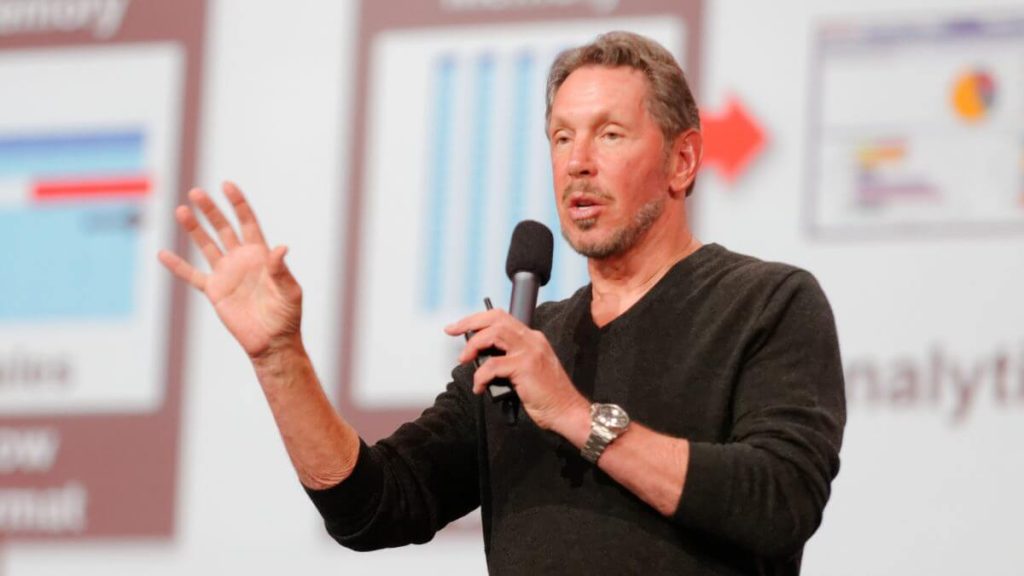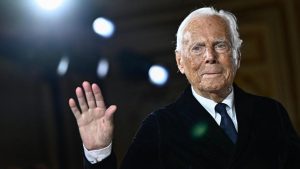Larry Ellison’s Moment: What His Surge Reveals About Wealth in the AI Era
Larry Ellison’s brief moment as the richest person is more than a rich list curiosity. It is a lens through which we can see how AI, cloud demand, ownership structure, and investor expectations combine to reshape power and profit in technology. For those watching global wealth trends, market structure, or the evolution of tech leadership, this episode clarifies that the value in modern enterprise lies as much in enabling platforms as in front-end products—and that control, scale, and timing are everything.

Larry Ellison, co-founder of Oracle, recently claimed the title of the world’s richest person—if only for a fleeting moment—after an extraordinary one-day surge in Oracle’s stock. The leap, powered by swelling demand for cloud infrastructure and artificial intelligence, briefly pushed his net worth past Elon Musk’s, before shifting markets nudged Musk back into the top spot. It is a dramatic episode, but more than that it encapsulates how rapidly fortunes can rise and fall when AI becomes a central narrative in business.
On September 10, 2025, Oracle’s share price rose by approximately 36-40%, driven by earnings that beat expectations and forecasts tied to AI and cloud services. Ellison’s holding—roughly 41% of Oracle—became worth about US$393 billion, surpassing Musk’s estimated US$385 billion at that same moment according to Bloomberg’s Billionaires Index. The scale of the increase—somewhere between US$89 and US$101 billion in net worth—makes this possibly the largest one-day gain ever recorded in that index’s history.
However, by the close of trading, Musk had regained the top position. This is a pointer to how volatile rankings can be in markets attuned to AI-fuelled optimism. Still, the moment is not trivial. It reflects how Ellison’s strategy—anchored in cloud infrastructure and enterprise software—has become central to the capacity of AI systems globally. Oracle’s earnings results revealed strong contracts, high growth in performance obligations, and a forecast that cloud infrastructure demand will continue to accelerate.
Ellison’s surge is not just about personal wealth; it signals shifts with broader implications. First, it indicates that the architecture enabling AI—servers, databases, cloud platforms—is immensely valuable. Oracle, long seen as a legacy enterprise software company, has repositioned itself as a key player in the AI supply chain. Its recent deals, performance, and forecasts suggest that enterprise AI computing contracts are becoming central to its valuation.
Second, the episode is a pointer to how wealth on the billionaire scale is increasingly sensitive to narrative and expectation. Investors reward companies not just for what they earn now but for what their technology enables in the near future. When Ellison’s Oracle talked up AI infrastructure demand, investors responded with massive capital allocations, pushing both stock price and net worth upward at record speeds.
Third, it presents risk. The fact that Musk reclaimed the top spot within hours reveals how quickly sentiment can oscillate. What matters for observers is not just the rise, but the sustainability: can Oracle maintain the balance of growth, profitability, and competitive pressure from rivals such as Amazon Web Services, Microsoft Azure, and Google Cloud?
Ellison’s wealth is deeply tied to his equity stake in Oracle—roughly 41%, making him the largest individual shareholder. That ownership amplifies Oracle’s fortunes directly into his personal net worth. Oracle’s stock had doubled in value over the year leading up to this surge. This reflects both broader market trends favoring cloud infrastructure and specific company successes.
Beyond Oracle, Ellison’s investments are diverse. Known for his affinity for real estate, luxury assets, and high-profile philanthropic and political associations, Ellison owns nearly the entire island of Lānaʻi in Hawaii and invests in media (his son David Ellison heads a media group including CBS and Paramount Pictures) among other ventures. His shift away from daily management at Oracle—Ellison stepped down as CEO in 2014 but remains Executive Chairman and Chief Technology Officer—has not dampened his influence or exposure to the company’s upside.
The episode around Ellison overtaking Musk—even if temporary—carries lessons:


